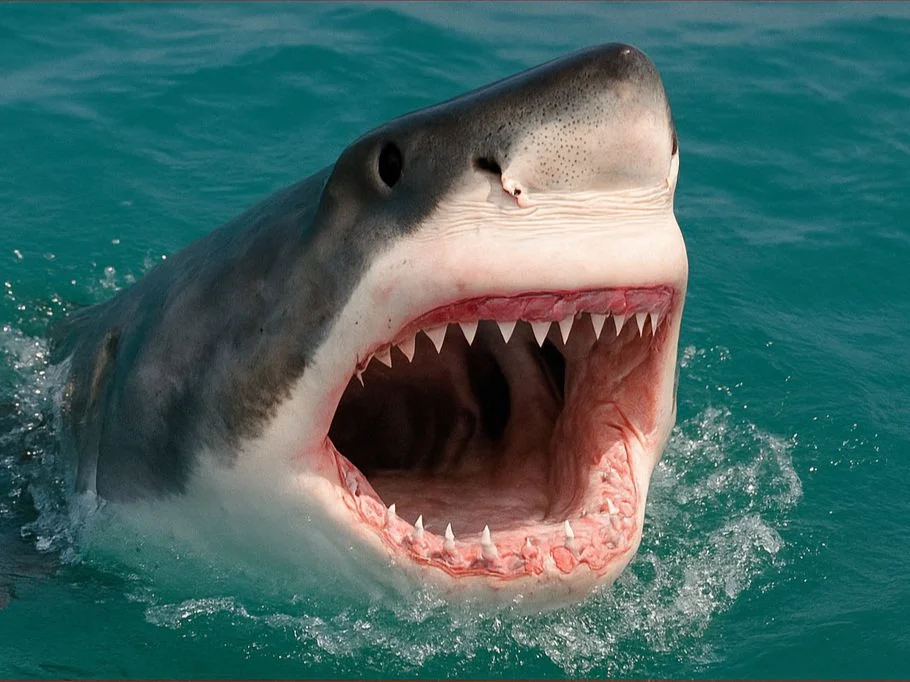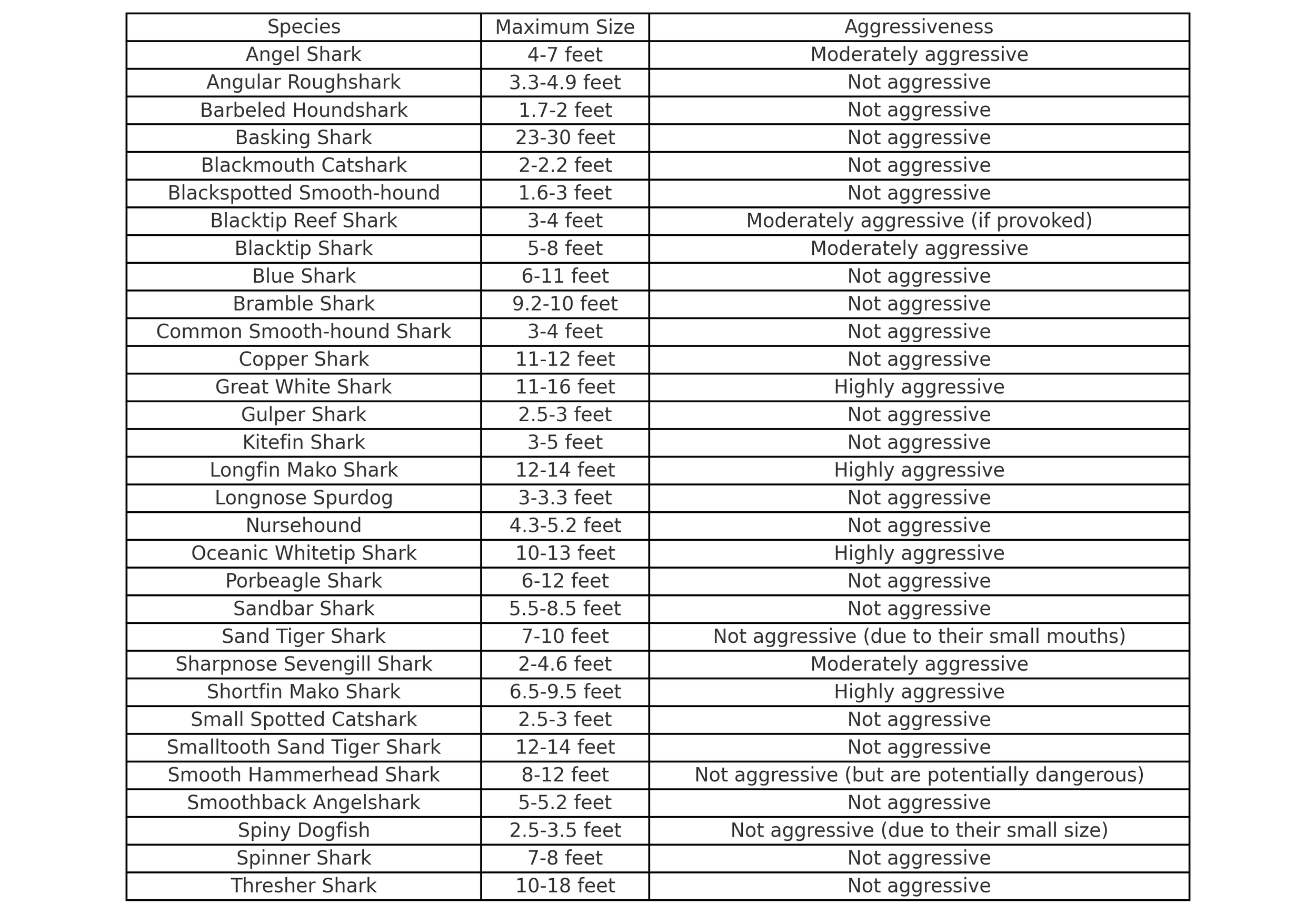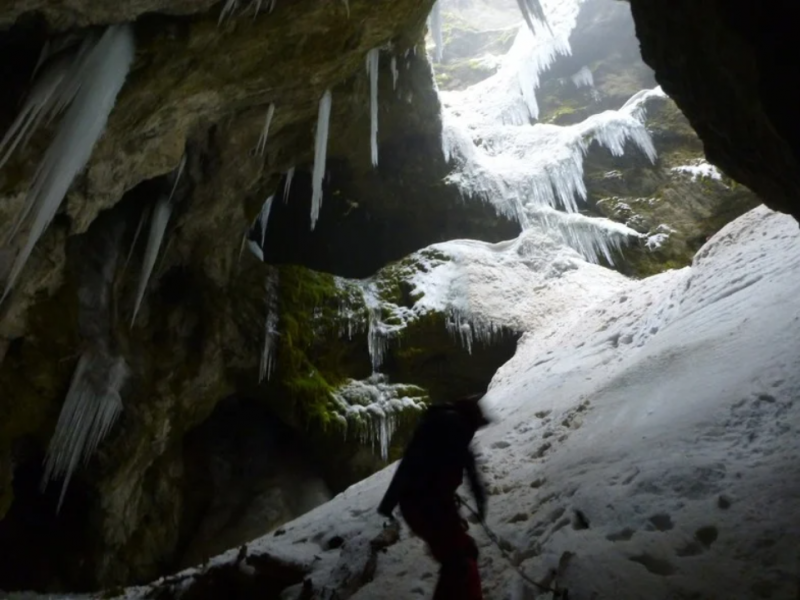Sharks in Greece: Myth, Reality, and Why You Can Still Swim Safely
When you think of Greece, images of turquoise waters, sun-soaked beaches, and ancient ruins probably come to mind—not sharks circling beneath the waves. But here’s the question that pops up every so often: Are there sharks in Greece? And if so, should you be worried about an unexpected nip while dipping your toes in the Aegean? Let’s dive into the facts, bust some myths, and figure out what’s really lurking in those crystal-clear waters.
Yes, Sharks Are Here—But They’re Not Jaws
First things first: yes, there are sharks in Greece. With over 35 species recorded in the Mediterranean, Aegean, and Ionian Seas, Greece’s waters are home to a variety of these fascinating creatures. You’ve got the sleek blue shark, the speedy shortfin mako, and even the infamous great white shark making rare cameo appearances. But before you cancel your beach plans, here’s the good news: most of these sharks are harmless. The basking shark, for instance, is a gentle giant that sips plankton like it’s sipping tea, while dogfish and thresher sharks are more interested in small fish than human legs.
Even the potentially dangerous ones, like the great white, are few and far between. Experts say these apex predators prefer deeper waters and rarely venture close to Greece’s bustling coastlines. So, while they’re out there, they’re not exactly lining up for a tourist buffet.
Shark Attacks: A Rarity Frozen in Time
Now, let’s tackle the big question: do sharks attack in Greece? The answer is yes—but it’s a very rare yes. Historical records show just 15 confirmed shark attacks from 1847 to 1981, according to a detailed study by Christos Taklis. Out of those, 12 were fatal, and 3 left survivors with minor injuries. The last recorded incident was in 1981, when a free diver or spearfisher in the Pagasitikos Gulf got a light scare—and that’s where the story ends. Since then? Nada. Zero. Zilch.
To put that in perspective, that’s 15 attacks over 180 years—hardly a feeding frenzy. Compare that to the millions of swimmers, divers, and sunbathers who flock to Greece’s shores every year, and the odds of a shark encounter start looking slimmer than a sea urchin’s spine. The 1950s were the “deadliest” decade with six attacks, but even then, it was an anomaly. Today, you’re more likely to get struck by lightning or tangled in a fishing net than meet a shark with an attitude.
A table summarizing these attacks
Recent Sightings: Sharks Spotted, But No Bites
Sharks haven’t vanished from Greek waters—they’re still making appearances. In 2021, a blue shark cruised near Karathonas Beach, and in 2024, a 3.5-meter shark popped up in a Glyfada marina near Athens, causing a stir among onlookers. Another sighting near Volos that same year had locals buzzing. But here’s the kicker: none of these sightings led to attacks. Experts like Theodoris Tsimpidis from the Archipelago Institute say sharks are just doing their thing—hunting in deeper waters or chasing food closer to shore—without any interest in humans.
These sightings might sound thrilling (or terrifying, depending on your Jaws tolerance), but they’re proof that coexistence is the norm. Sharks are part of Greece’s marine tapestry, not a threat to its beachgoers.
So, How Safe Are Greek Waters?
Spoiler alert: very safe. The risk of a shark attack in Greece is so low it’s almost laughable—way lower than everyday hazards like car accidents or sunburn. Greece’s waters are a haven for swimmers, with no shark-related incidents in over four decades. Experts agree that the handful of potentially dangerous species out there are too sparse and too shy to pose a real danger. As one Greek ichthyologist put it, “They’re more scared of us than we are of them.”
Still, if you’re the cautious type, stick to lifeguarded beaches, avoid swimming at dawn or dusk (shark happy hour), and maybe skip the shiny jewelry that could catch a curious eye. But honestly? You’ll probably never need these tips.
A Surprising Twist: Greece’s Shark Legacy
Here’s a fun tidbit to impress your friends: Greece actually holds the European record for the most recorded shark attacks—15 over 180 years. Sounds dramatic, right? But when you crunch the numbers, it’s a drop in the ocean compared to global hotspots like Australia or the U.S. It’s a quirky claim to fame that proves even the rarest events can leave a mark in history—without changing the fact that Greece remains a swimmer’s paradise.
Here's a map of shark sightings in Greece: https://maphub.net/SharksInGreece/sights-of-sharks-in-greece
The Bottom Line: Swim On!
So, are there sharks in Greece? Yup. Do they attack? Barely ever—and not in living memory. With over 35 species calling these waters home, sharks add a dash of wild wonder to Greece’s seas, but they’re not here to ruin your vacation. The last attack was over 40 years ago, and recent sightings haven’t changed the story: Greek waters are safe, stunning, and ready for your next swim. So grab your swimsuit, leave the shark repellent at home, and dive in—Jaws isn’t invited to this party.
List of the Different Types of Sharks in Greece:
List of the Different Types of Sharks in Greece













